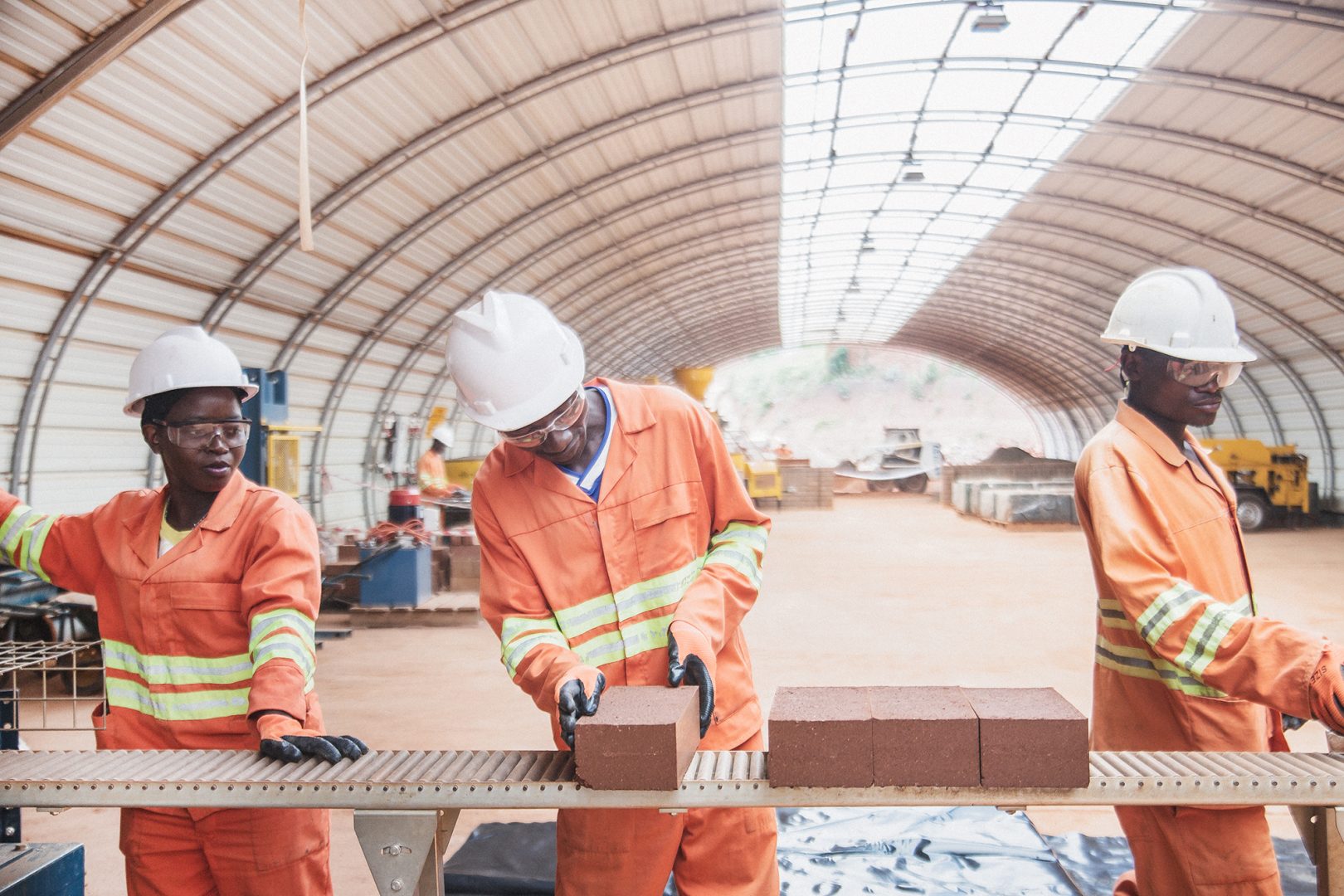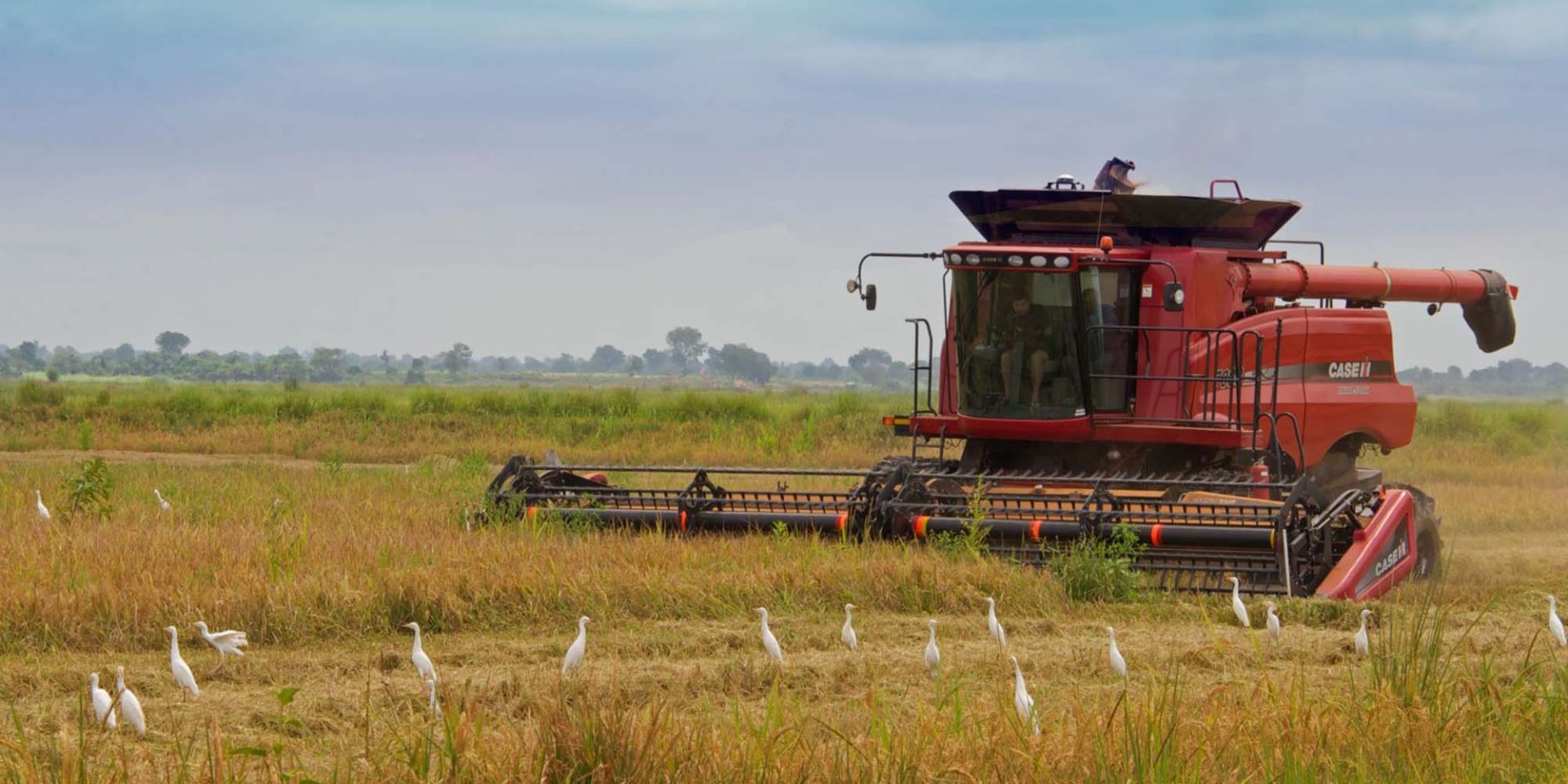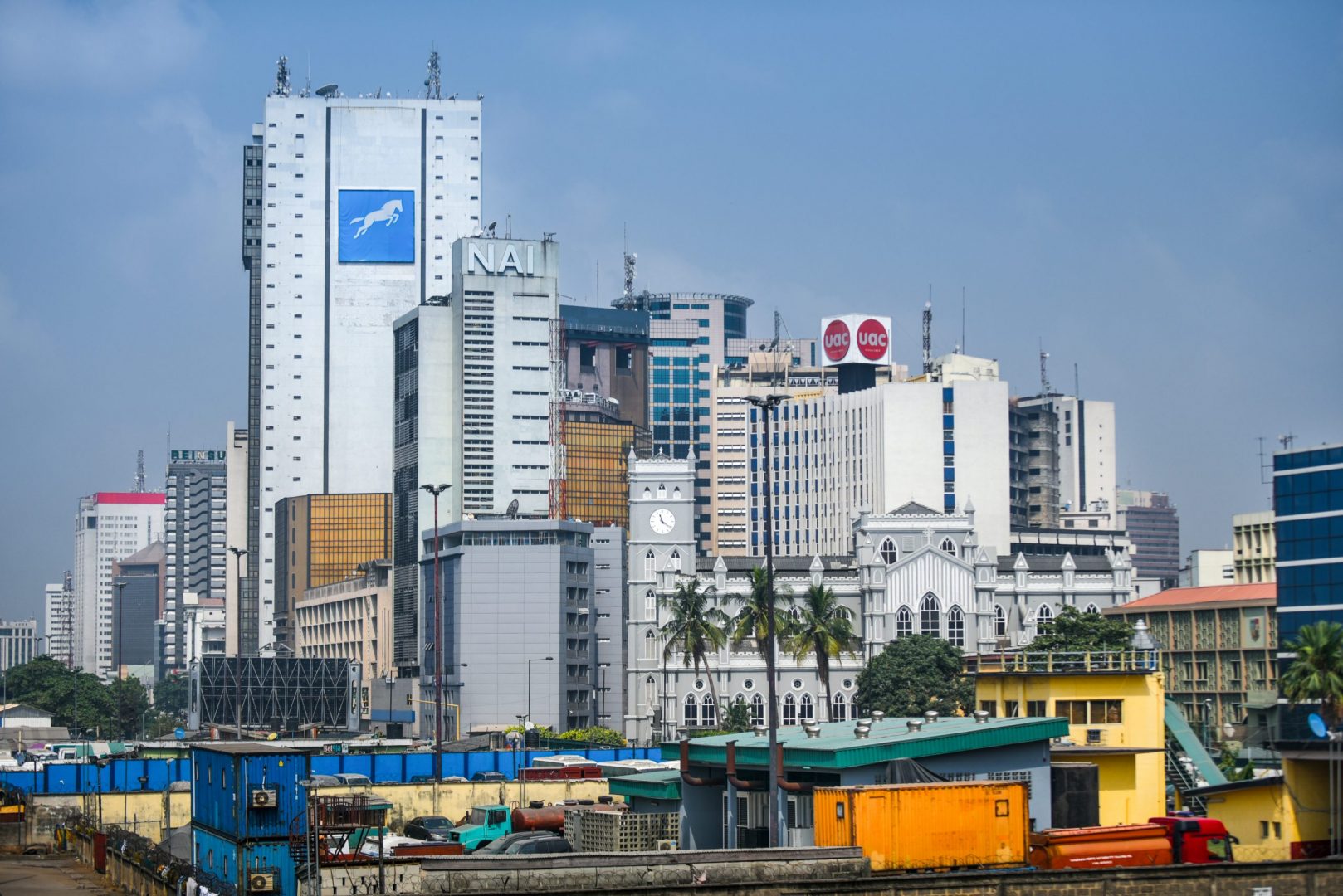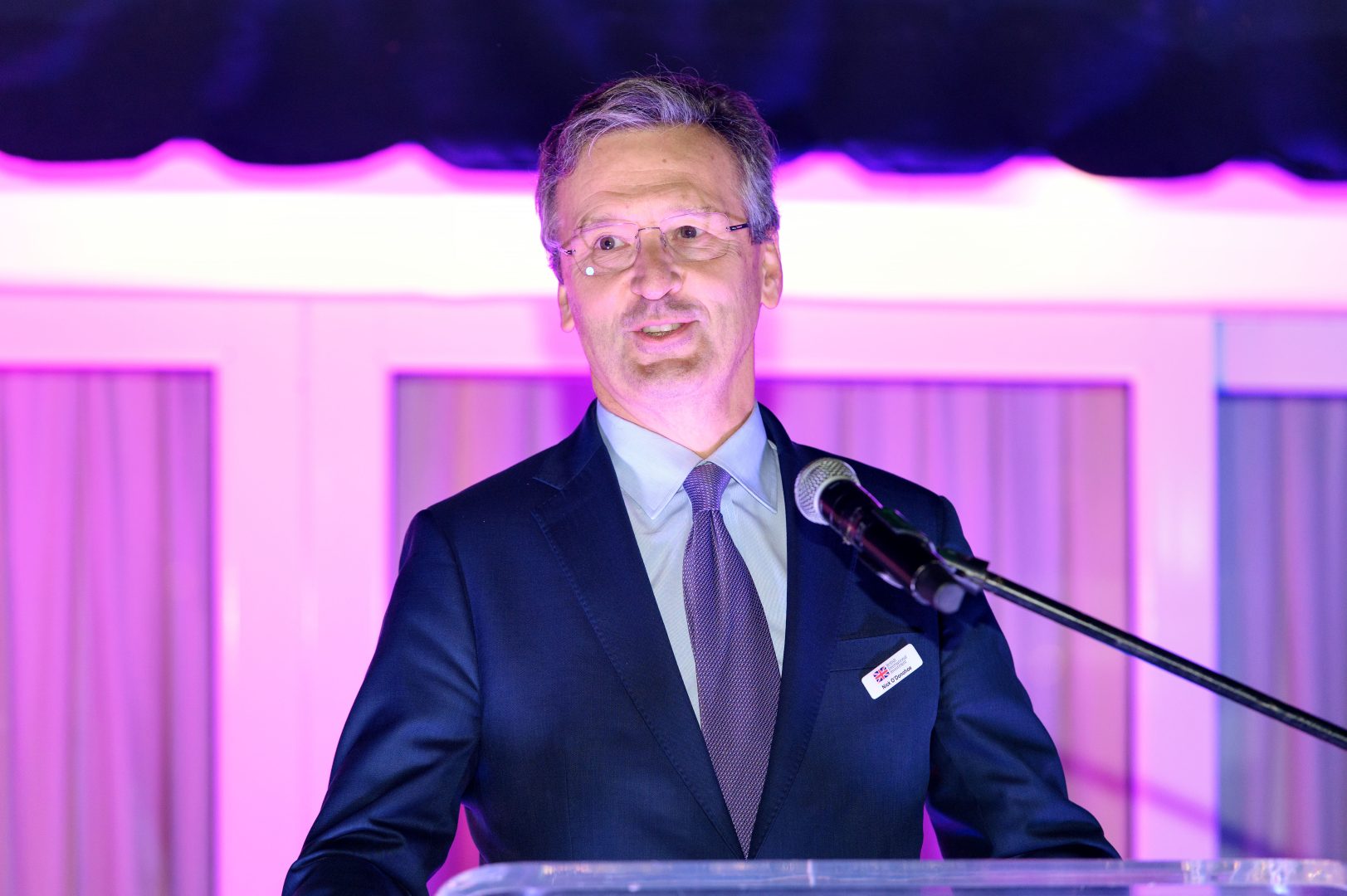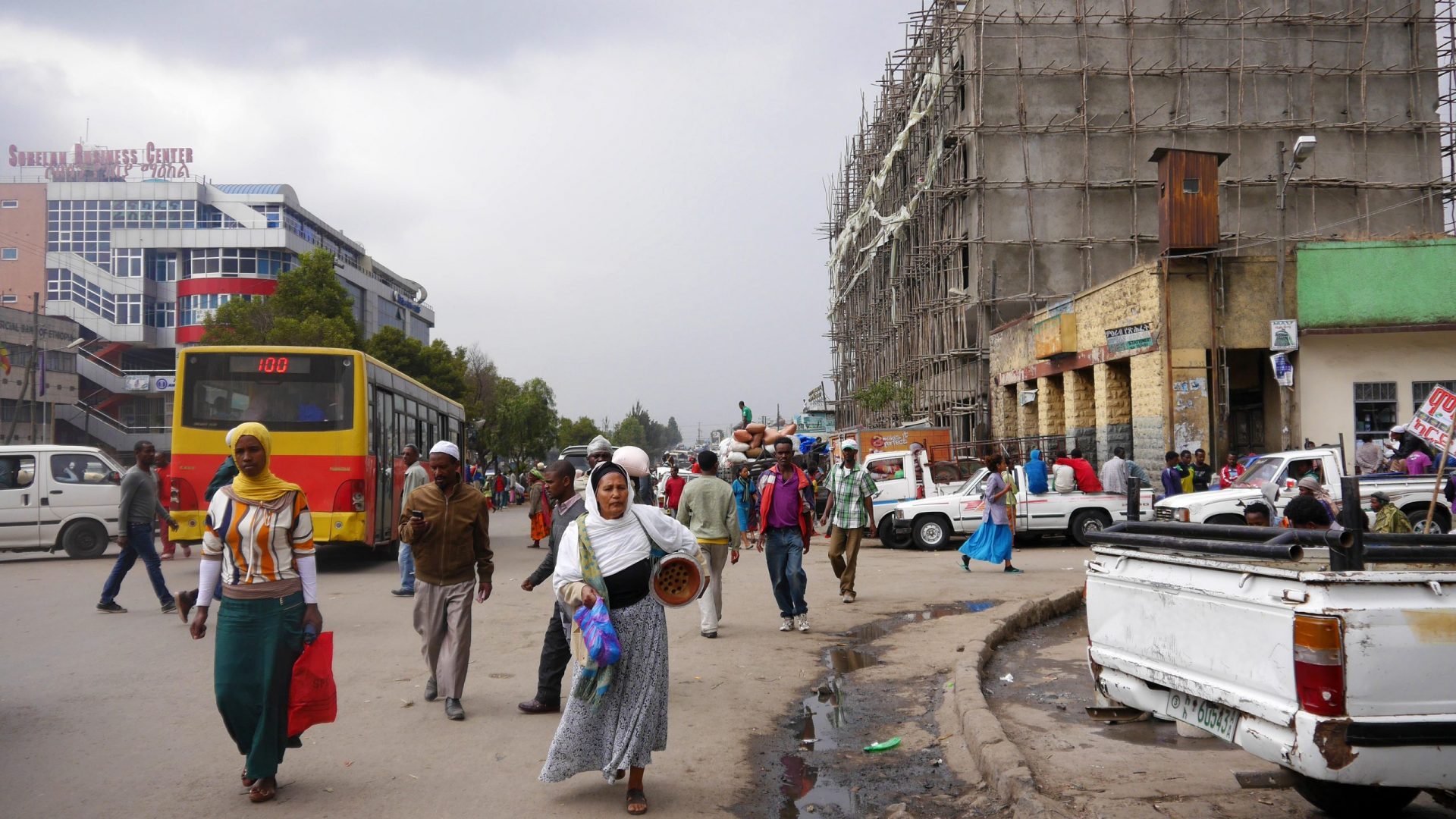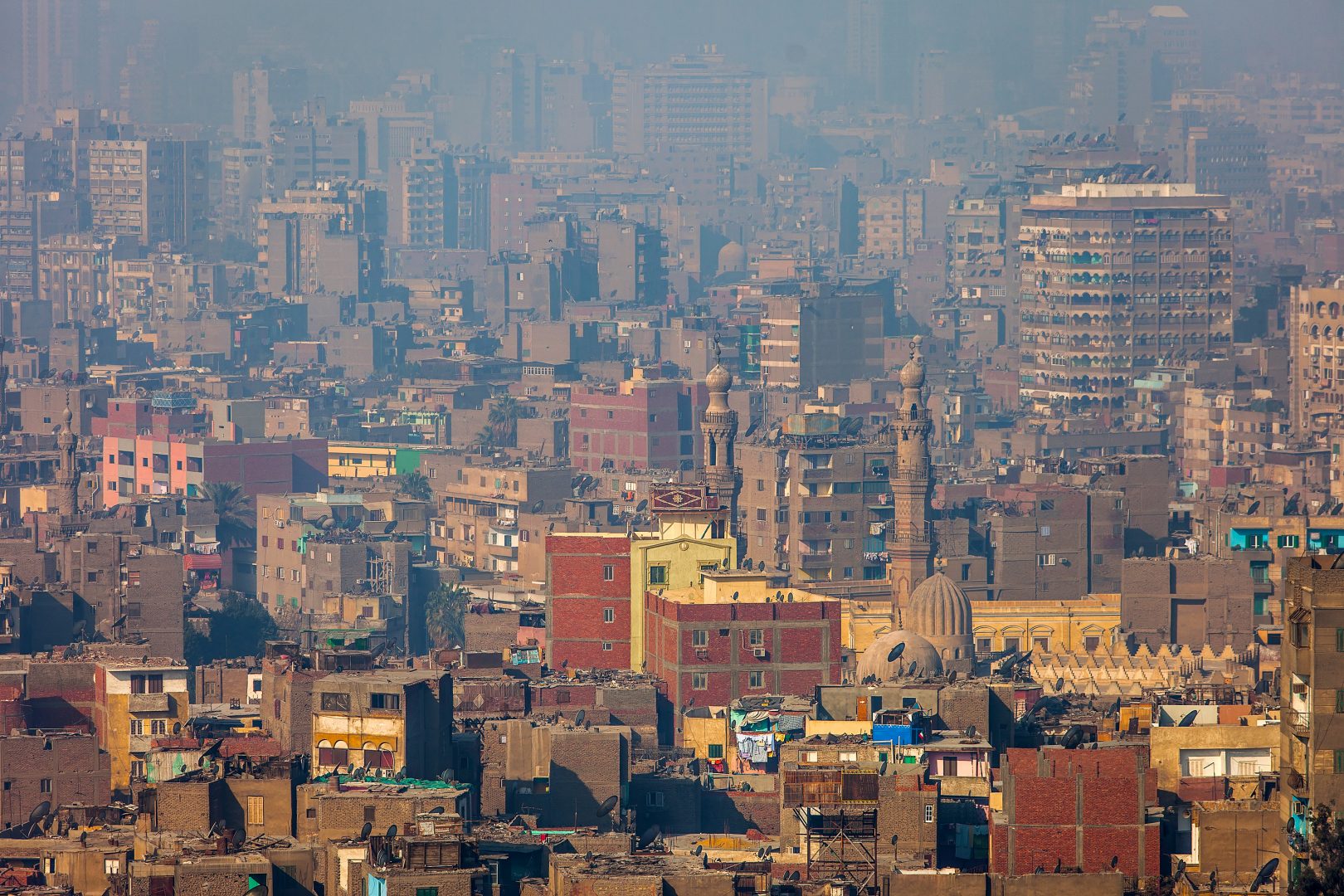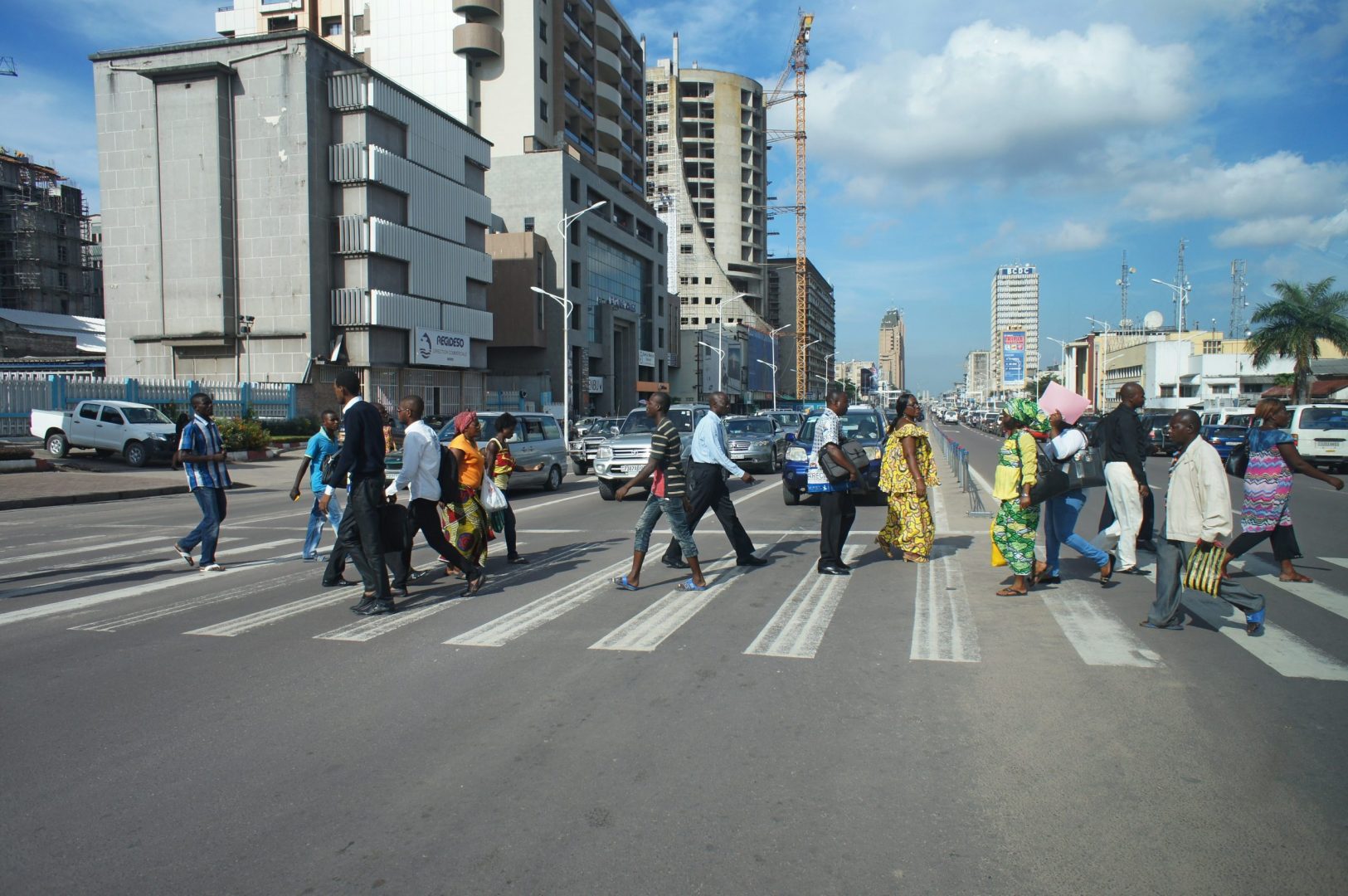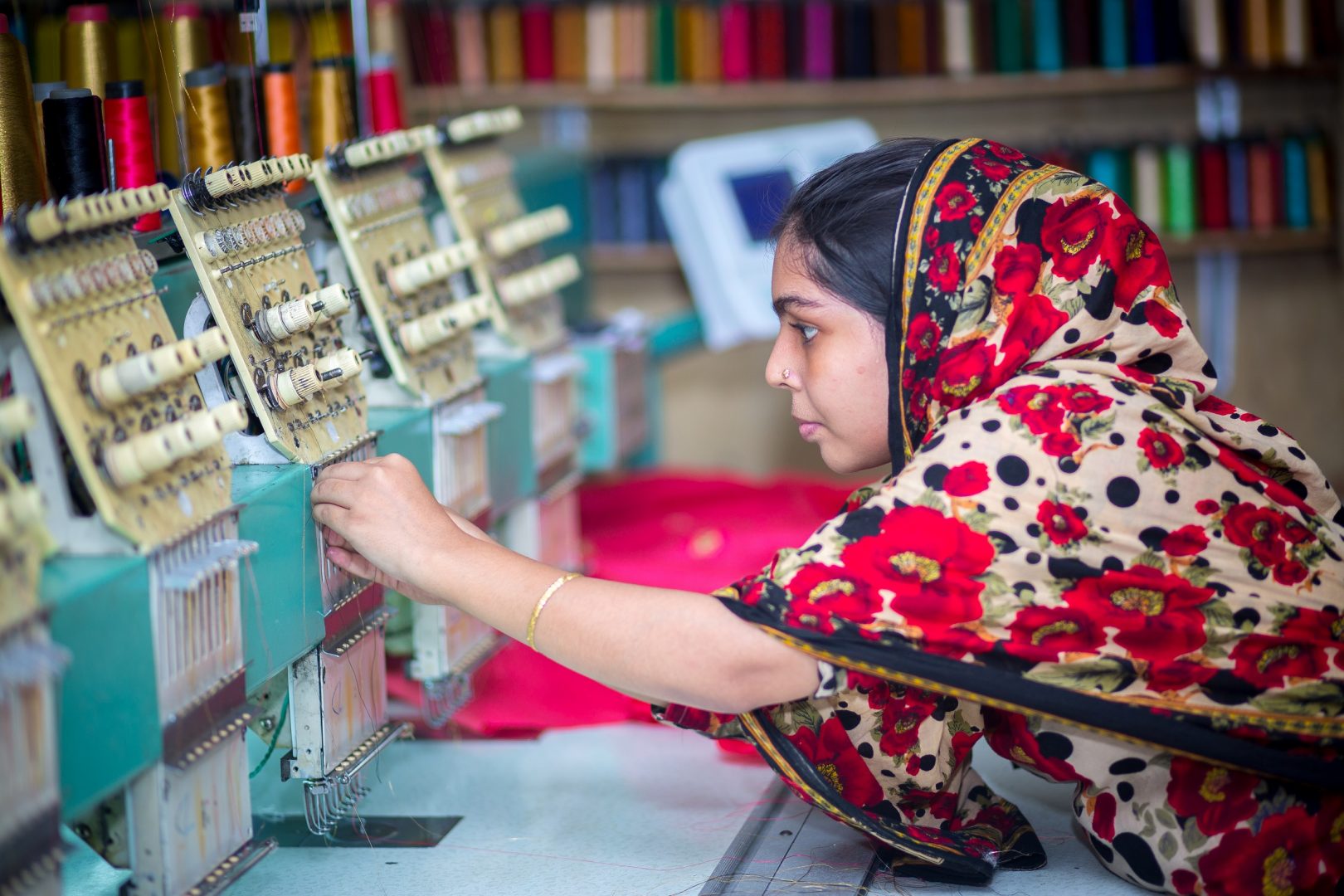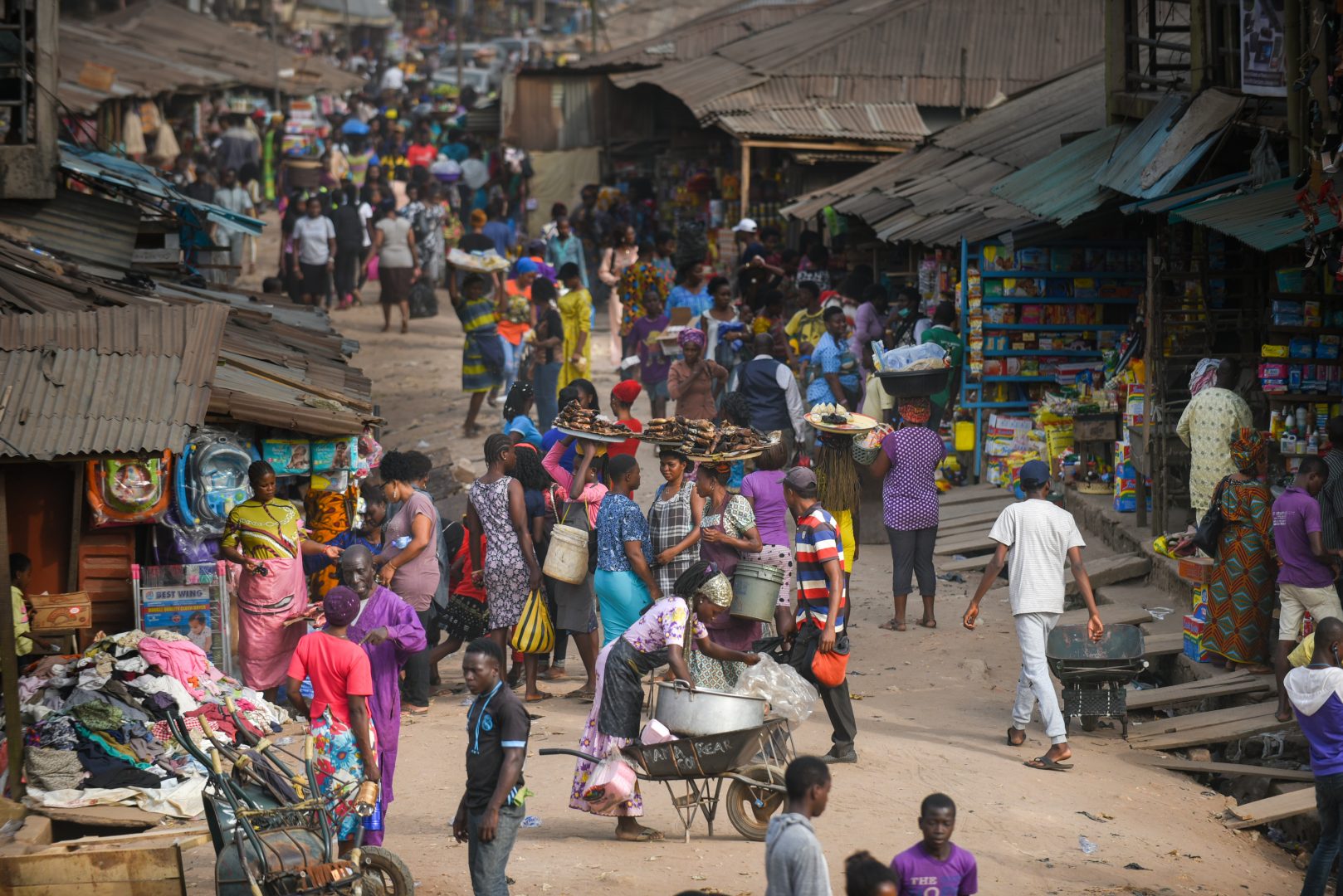Economists use the term structural transformation to refer to the movement of workers and capital out of unproductive activities, and into more productive ones. Historically that has meant moving the workforce out of agriculture and into manufacturing and then services.
Development Finance Institutions can contribute to economic transformation by making investments and creating jobs in higher productivity activities, such as manufacturing. In that way Development Finance Institutions contribute to the process of “creative destruction”, which means that new higher productivity firms put older lower productivity firms out of business, so over time the average productivity of firms in the economy will increase.
Replacing unproductive units with more productive ones is certainly a contribution to economic transformation. But it is not transformational. Rather than transform economies one investment at a time, Development Finance Institutions aspire to make investments whose impact ripples out across the economy.
In this report prepared for the European Development Finance Institution (EDFI) Impact conference, CDC’s Director of Research and Policy Paddy Carter discusses the meaning of economic transformation and how we should think about the broader economic impact of our investments.
